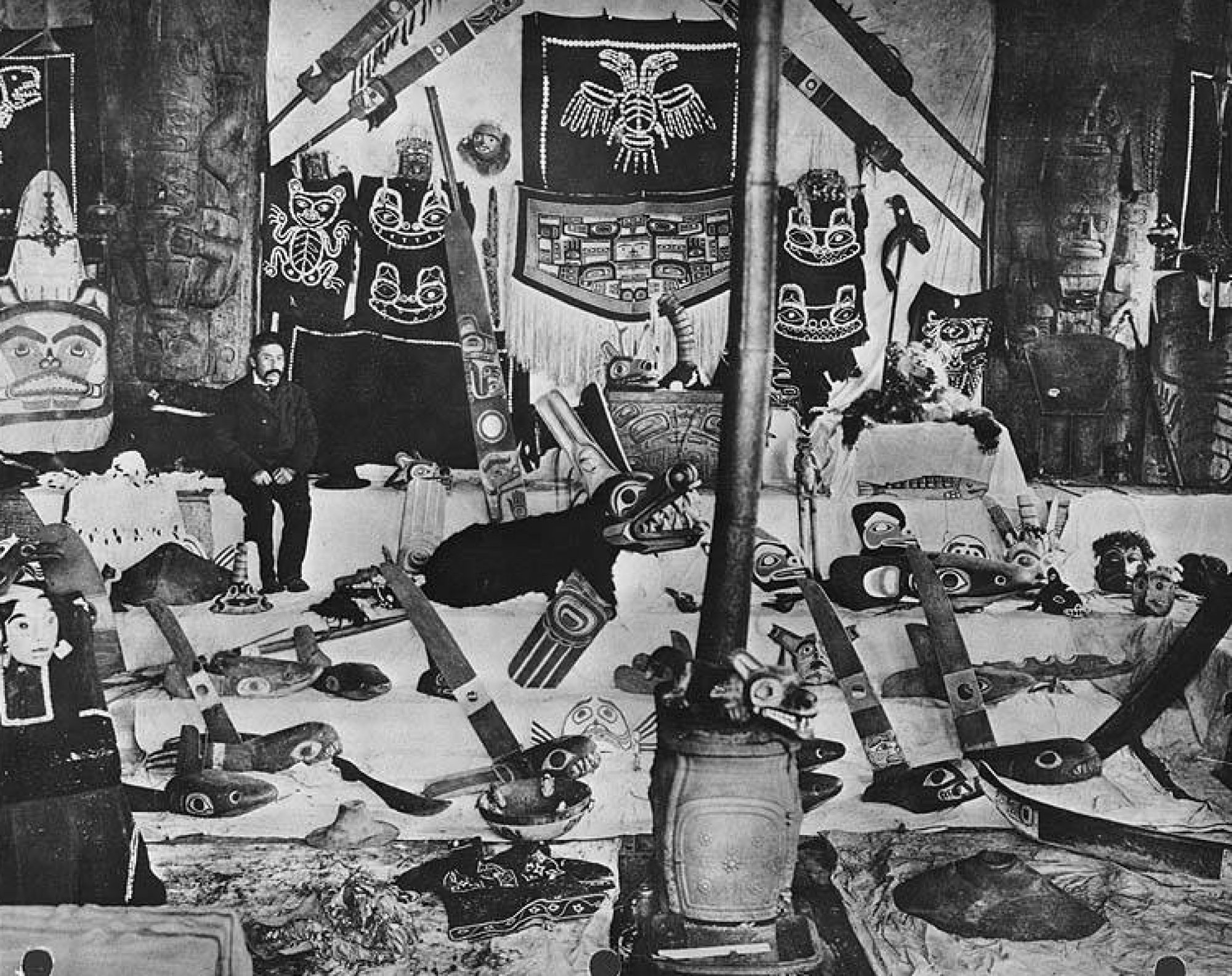Biographical Timeline | Leadership Qualities | Schaghticoke Nation Lawsuit | References
Chief Leschi was not simply selected to be a leader, the Nisqually people believed that the stars aligned on the day of his birth and he was predestined to lead his people someday. Chief Leschi was a leader who was held in the highest esteem.
Leschi had pacifist tendencies, which made him a graceful and level-headed leader. He did not believe that fighting would resolve any of the issues that his tribe was facing. Regardless of the mistreatment of Native people by Americans, he strongly discouraged his people from killing Americans. He believed that reasoning with other tribes and the government was more progressive than combat. He even offered to cut off his right hand to show he would not fight the Americans in exchange for peace for his people. Even when the American government was threatening imprisonment, he decided to flee instead of fighting back because he so strongly stuck by his moral values of avoiding combat.
Chief Leschi was known for being a loyal leader. He prioritized the wellbeing of his people over his own. When the government asked him to sign the Medicine Creek Treaty which would relocate the Nisqually people as well as other bands who spoke Chinook Jargon, he refused because he felt as though the new land would result in a deterioration of his people. There were not means for sustenance at the new location– it was lacking a river and a place for horses to graze. Leschi fought against the signing of this treaty, even though he knew that it would potentially put himself in great danger. His persistence allowed for better treaty terms to be negotiated after the end of Puget Sound War. He eventually, gracefully, accepted his resulting death knowing that he was able to give his people land that they could sustain themselves on.
Not only was Leschi loyal to his people, but he was also persistent. When the Americans first settled, Leschi constantly monitored the foreigners to decipher their intention with his land. As the governor moved from tribe to tribe to evaluate more land, Leschi followed and observed the interactions and how the local tribes treated the outsiders. Leschi even made a trip to Olympia to negotiate with the American government for peace. After fighting between natives and foreigners broke out, Leschi was persistent in his pacifist efforts to obtain peace. Leschi attempted to bargain with an American that he had befriended for peace, but nothing was achieved even though his American friend John Swan visited the native lands. Leschi’s love for his land brought him back to the Nisqually Plains, and once again he made a plea with an American colonel for peace. Even when Leschi was on trial for a murder he did not commit, he fought for justice and the truth for his people. Although Leschi was hanged, his persistence lives on today through his people who now use his name in their fight for education for their children.
